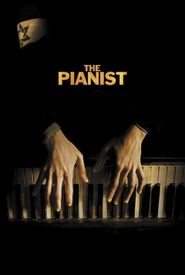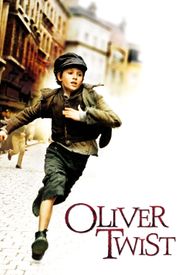Ronald Harwood was born in 1934 in Cape Town, Union of South Africa, and later relocated to London in 1951 to pursue a career in the theatre.
He attended the Royal Academy of Dramatic Arts and joined the Shakespeare Company of Sir Donald Wolfit, one of the last 'actor-manager' of Great-Britain.
From 1953 to 1958, Harwood became the personal dresser of Sir Donald, a role that would later inspire his play 'The Dresser' and his biography 'Sir Donald Wolfit CBE: His life and work in the Unfashionable Theatre'.
In 1960, Harwood transitioned to a career as a writer, producing plays, novels, and non-fiction books. He also worked as a screenwriter, often adapting his own work for the screen.
Throughout his work, Harwood's fascination with the stage and its artists is a recurring theme, as seen in plays like 'The Dresser', 'After the Lions', 'Another time', and 'Quartet', as well as his non-fiction book 'All the world's a stage', a general history of theater.
Harwood also has a strong interest in the WWII period, as highlighted by films like 'Operation daybreak', 'The Statement', 'The Pianist', and his play turned to film 'Taking sides', which feature musicians as main characters.
Throughout his career, Harwood received numerous accolades, including being made Fellow of the Royal Society of Literature in 1974 and Commander of the British Empire in 1999.
He also served as president of the international PEN Club from 1993 to 1997, after presiding over the British section for four years prior.










































